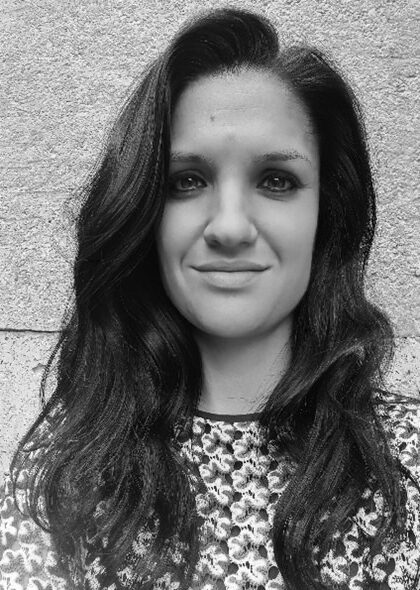
Alexandra Comărniceanu
Alexandra Comărniceanu has 18 years of experience in the field of Applied Behavior Analysis (ABA). She completed her Masters in ABA at Bangor University, UK and became a BCBA (Board Certified Behavior Analyst) in 2012.
She was a lecturer both at conferences in Romania and in Great Britain and supported trainings in various European countries. She monitors ABA programs at home, supervises centers that use ABA, deals with the integration of people with autism spectrum disorder and other deficiencies in schools and kindergartens and supervises people who want to obtain their accreditation in this field. Also, another field in which she is active is that of education, where she collaborates with schools and kindergartens that want to use ABA to make their activity more efficient.